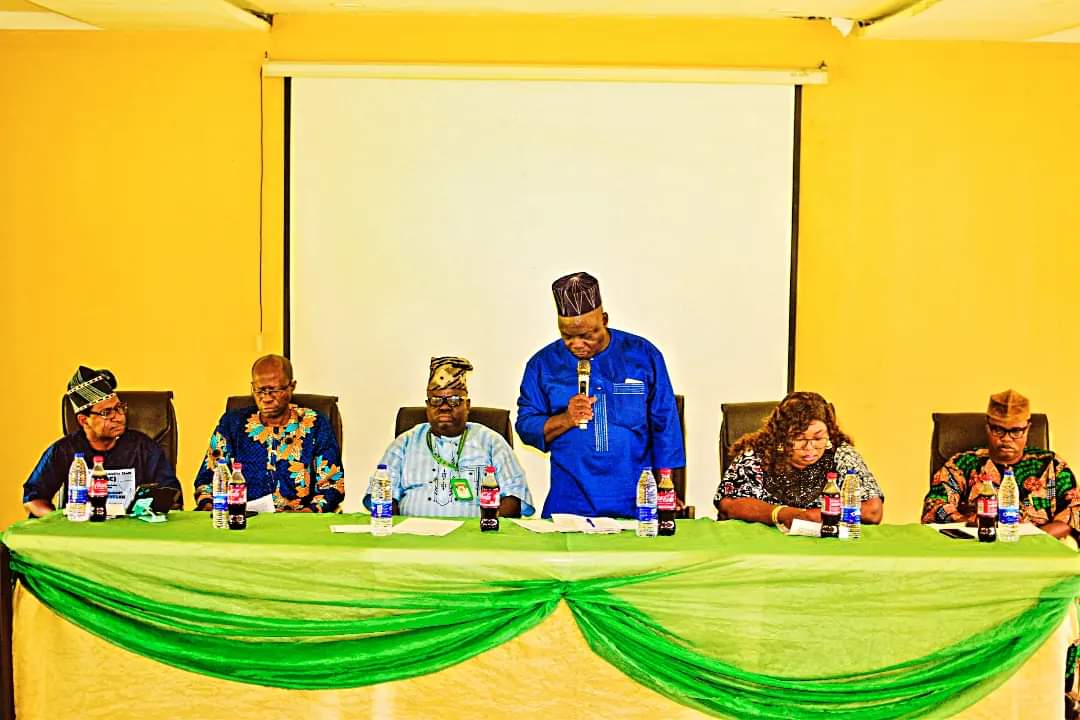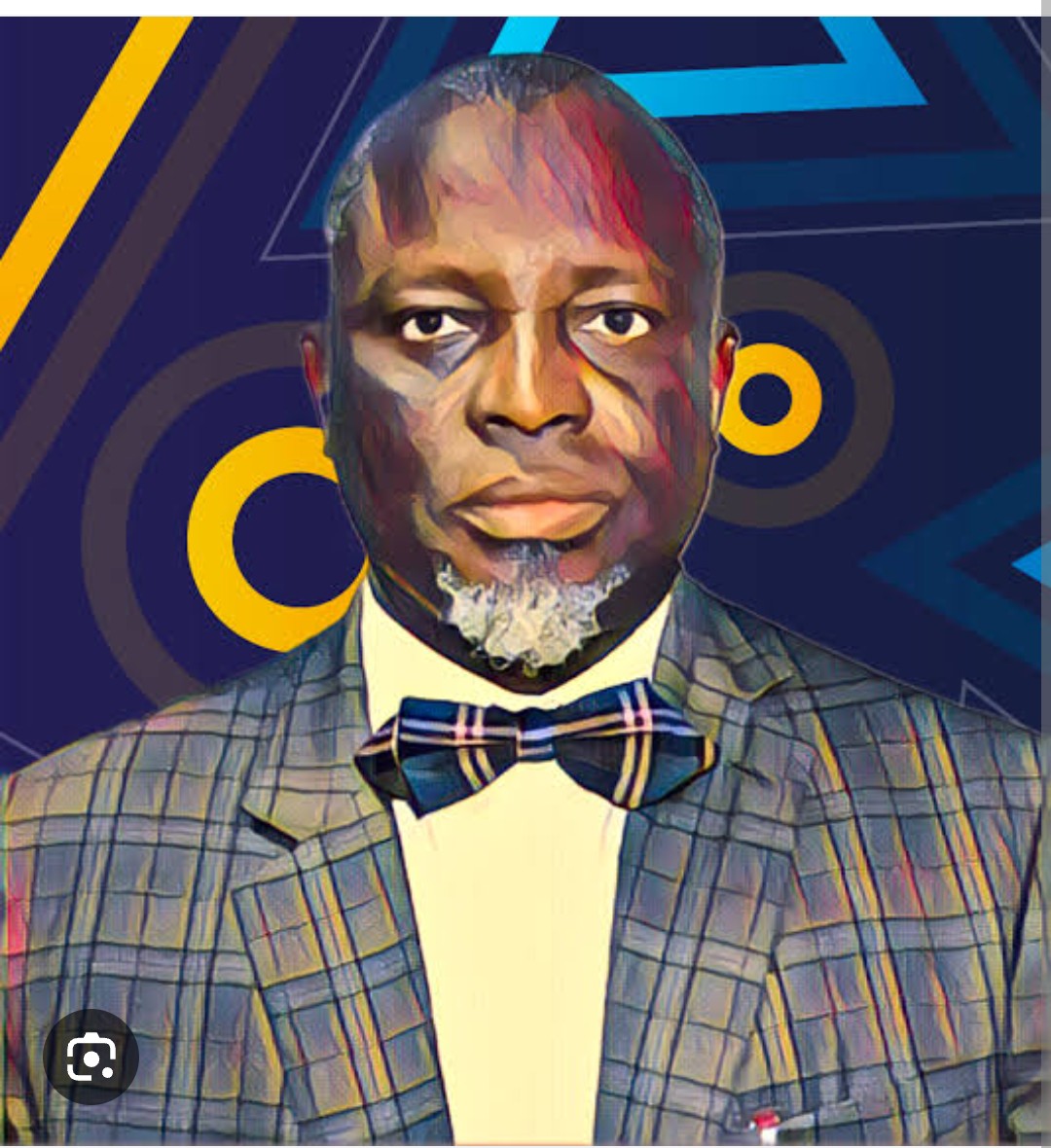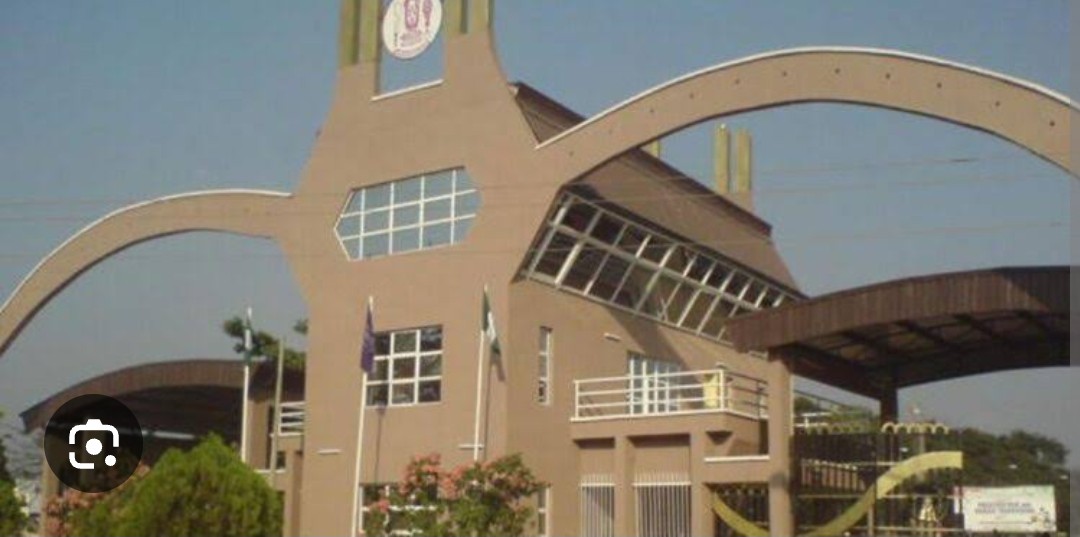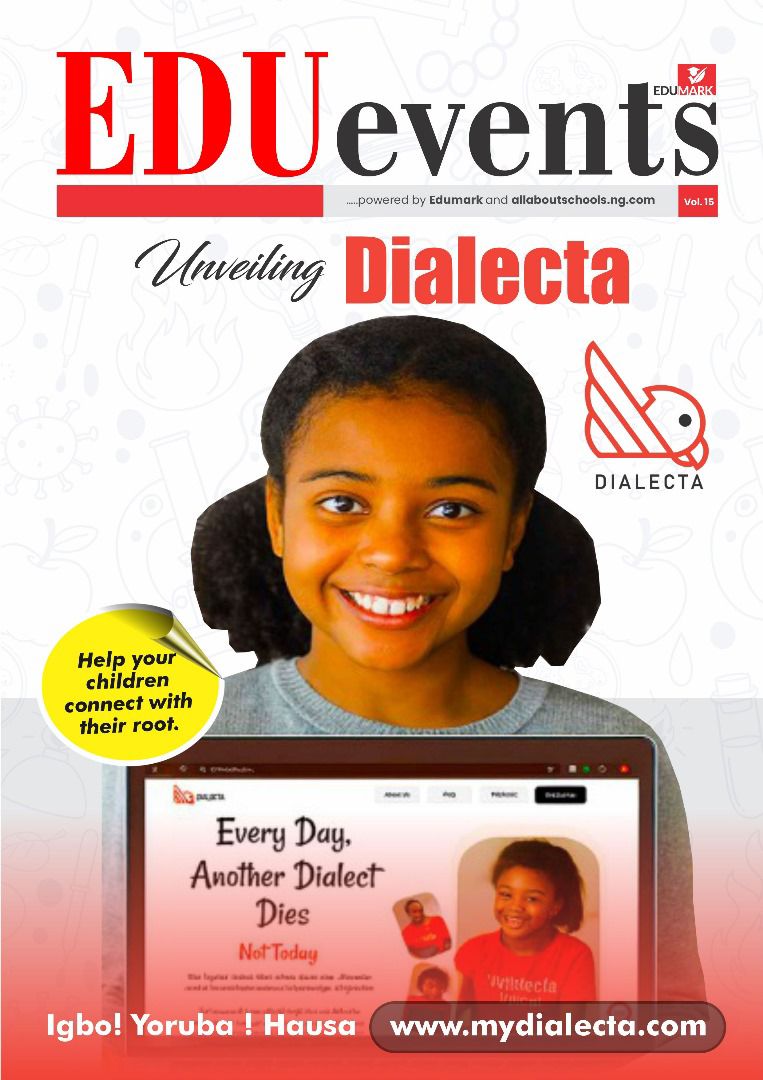The Federal Government of Nigeria, through the National Institute for Educational Planning and Administration (NIEPA), has initiated a pioneering effort to teach mathematics in the Yoruba language. This bold initiative is set to revolutionize math education across the country by integrating indigenous language into the curriculum.
The NIEPA recently hosted a two-day training program focused on teaching mathematics using the Yoruba language along with early grade mathematics. This innovative training brought together a distinguished panel of experts, including Dr. Kehinde Adenegan, Dr. Sulaymon Mohammad Raji, Dr. Tolu Omiyale, and Folajogun Akinkuowo, who engaged participants with insightful sessions covering a comprehensive translation overview of the primary 1-6 mathematics curriculum in Yoruba.
Dr. David Shofoyeke, the acting Director General of NIEPA, expressed his enthusiasm for the initiative, stating, “Early grade reading (EGR) and early grade mathematics (EGMA) have been in operation in the northern part of Nigeria, where Hausa is being used in schools. So, why can’t we embrace and sustain what we have in our own part of the world?” His remarks underscore the importance of culturally relevant education in fostering an inclusive learning environment.
The training encompassed various critical topics, including the implementation of teaching mathematics in early grades, lesson planning for mathematics topics in Yoruba, the significance of indigenous language in education, and the essential role of language in teaching. Additionally, discussions focused on understanding leadership instruction and providing support for teachers involved in early grade mathematics.
Dr. Adenegan, who creatively incorporates drama into his teaching approach, highlighted the urgency of utilizing indigenous resources, stating, “It’s high time we leveraged our indigenous resources to enhance classroom instructions and make teaching-learning effective, with language choice being a crucial factor.”
The workshop aims to promote cultural relevance and sensitivity in mathematics education, enhancing students’ understanding and appreciation of mathematical concepts within their cultural context. It also seeks to support the development of bilingual education programs that integrate Yoruba language and culture, empowering educators to create inclusive and culturally responsive learning environments.












